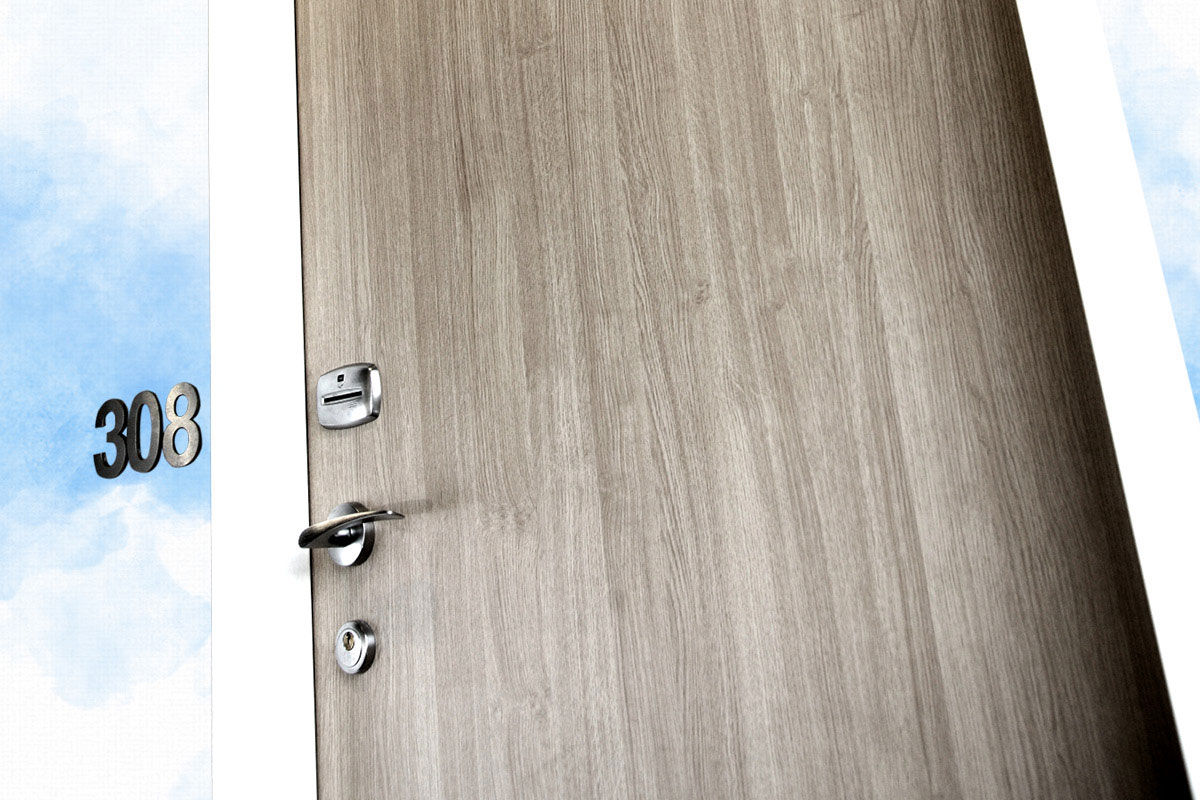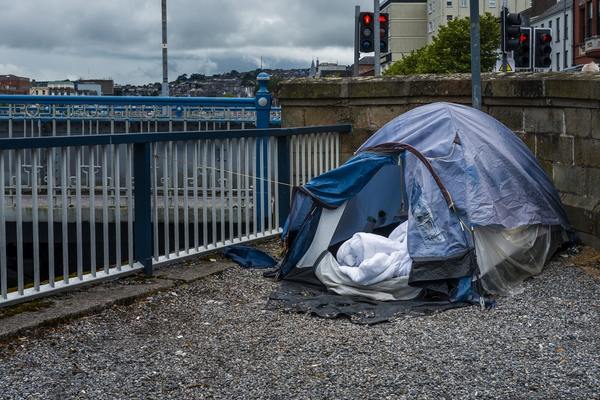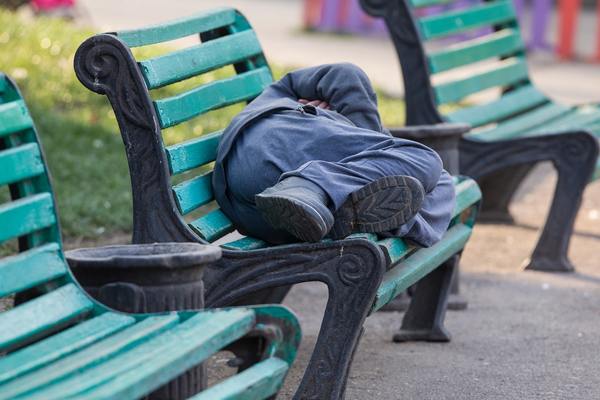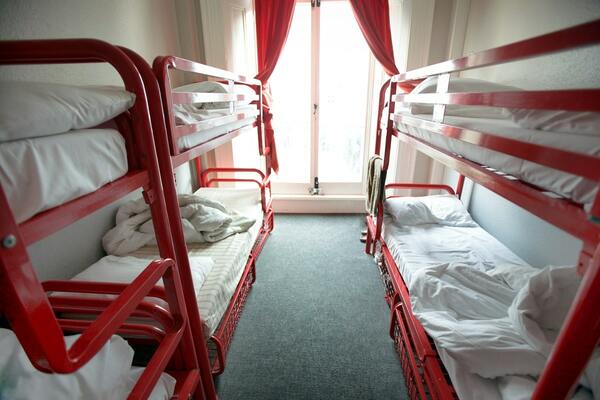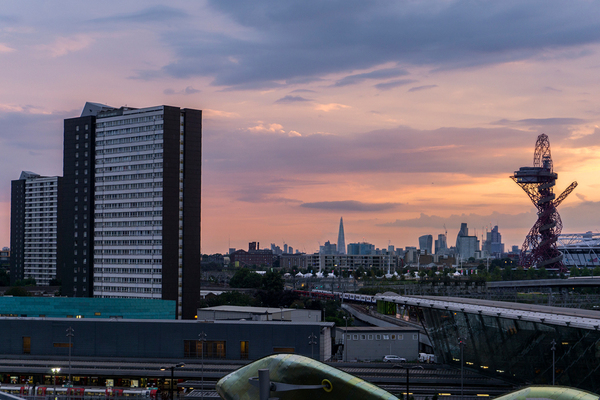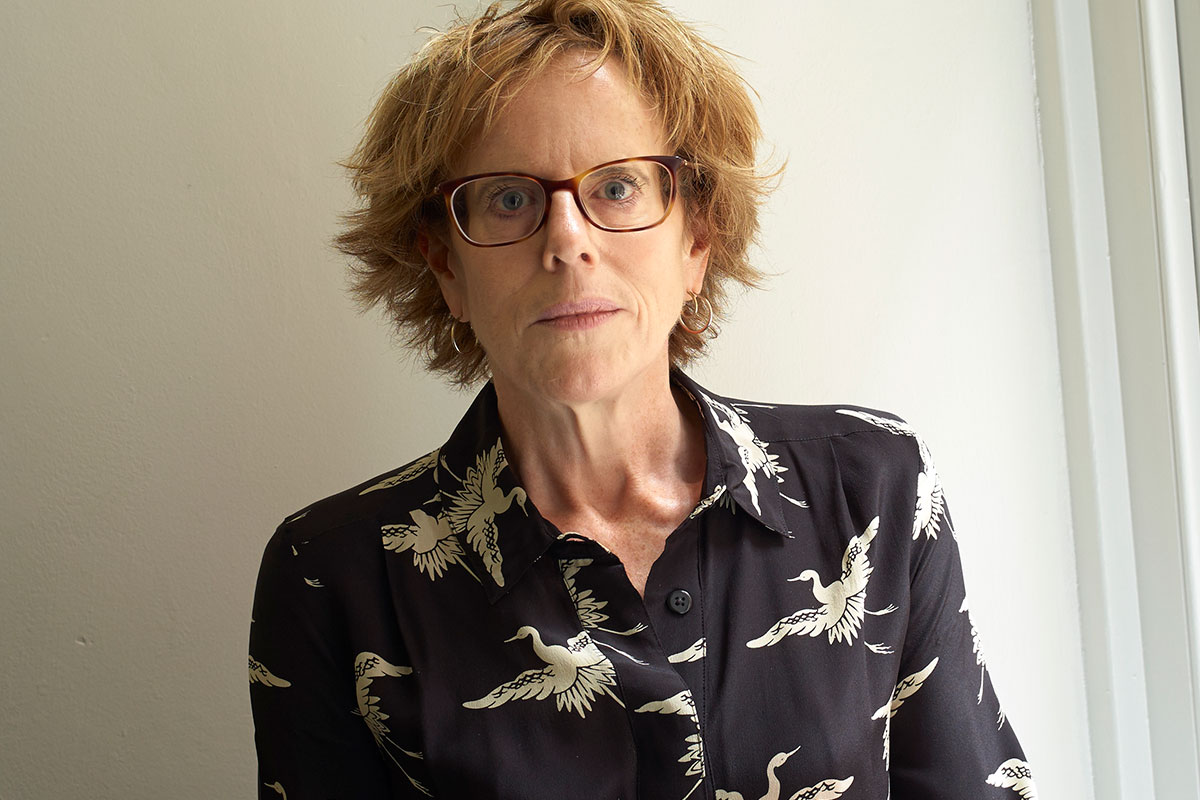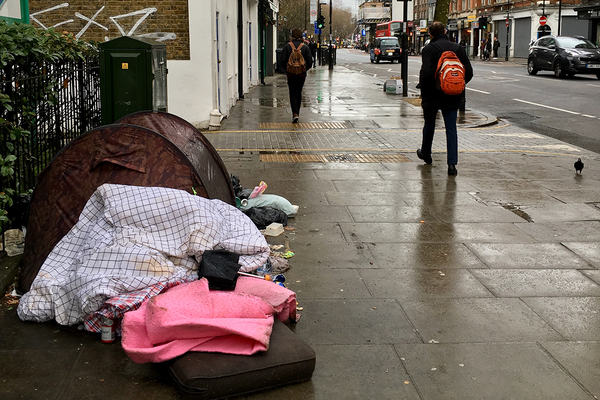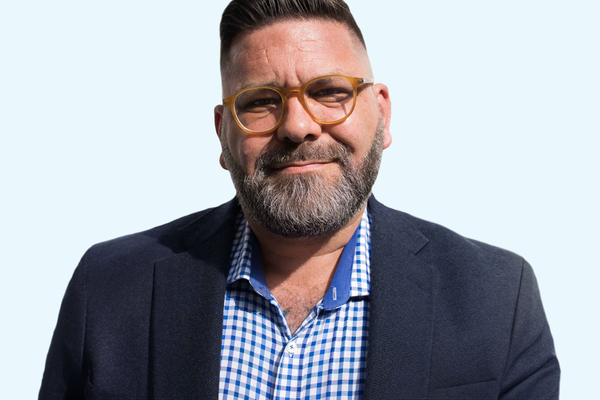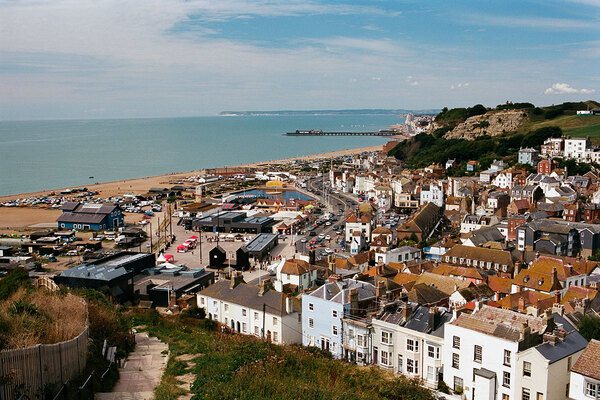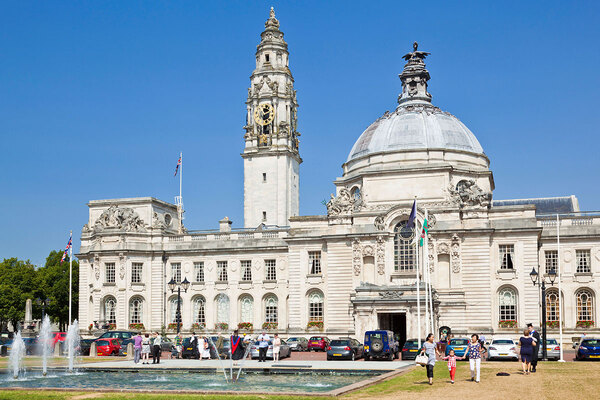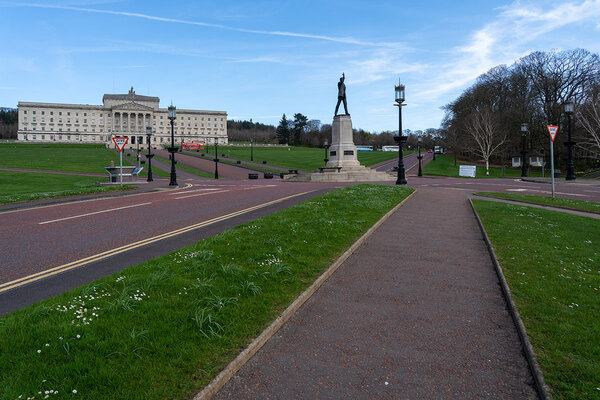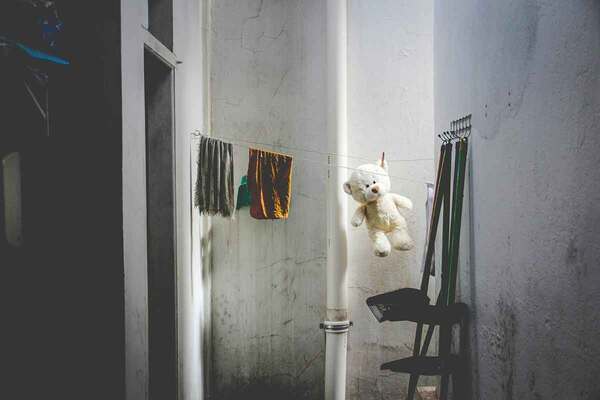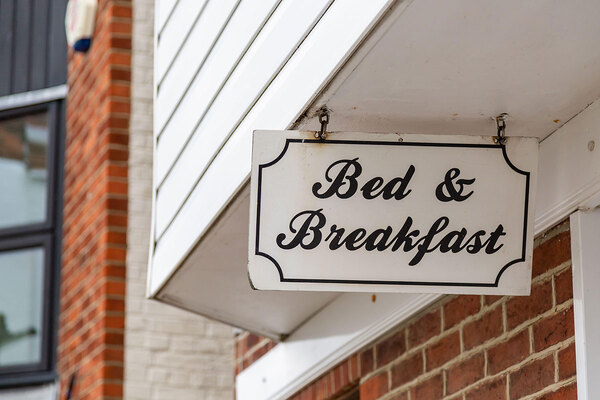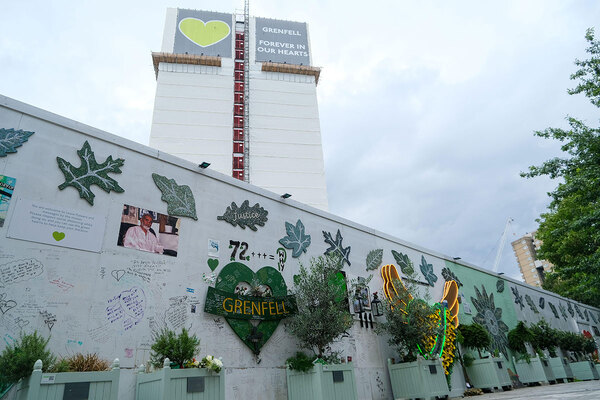Is there room at the inn? How the UK’s homeless population can be housed during the coronavirus crisis
Government has told councils to house homeless people immediately, but hotels have shut amid the coronavirus crisis. Lucie Heath reports on whether local authorities will be able to house everyone during the pandemic. Pictures by Alamy, Getty and Julian Anderson
When Boris Johnson’s government won the election last December, it did so on a manifesto that pledged to end rough sleeping within five years.
This target seemed ambitious, but fast forward three months, and with the country in the grips of a coronavirus crisis, the government is looking to accelerate that pledge tenfold.
On Friday, minister for homelessness Luke Hall wrote to councils in England urging them to find accommodation for all rough sleepers and people in hostels and night shelters immediately.
Inside Housing looks into how councils are working to meet this challenge and asks whether it is possible to find homes for everyone during a pandemic.
Block booking self-contained accommodation units seems to be the main way councils are looking to house homeless people. This mostly consists of hotels but can also include Airbnbs and student accommodation blocks.
Tasmin Maitland, assistant director of practice and partnerships at Homeless Link, says the situation is mixed in terms of how easy this has been.
“It depends on which local authority it is and the availability of hotels,” she explains. “We have seen hotel chains and accommodation providers stepping up and asking whether they can offer properties… but in some areas they have fewer big hotels or fewer big hotels that are remaining open.”
Efforts by councils to book rooms have been complicated by mixed messaging about whether hotels should stay open.
Click here to read homelessness minister Luke Hall’s full letter to councils
Following the prime minister’s address on 23 March, government guidance advised that hotels, hostels, B&Bs, campsites and caravan parks should close. This advice led to a week of chaos as hotel chains, including Travelodge and Premier Inn, suddenly closed their doors, albeit keeping some open for key workers and vulnerable families. This resulted in a rush to find new accommodation for vulnerable people, including families and disabled individuals who had been housed there for temporary accommodation by their councils.
Since then, the government has clarified its message and stressed that all hotels providing accommodation to homeless individuals must remain open. Travelodge and Premier Inn have made attempts to ensure vulnerable residents are housed. Spokespersons from the Premier Inn and Travelodge have both said they have successfully rehoused all the vulnerable people in hotels affected by the closures.
But the situation is more complicated than simply persuading hotels to stay open. One senior council source tells Inside Housing that some hotels are closing because they are being used to house key workers or patients who are being discharged from hospitals to free up bed spaces. This creates a situation in which a council could be booking a hotel room to be used as temporary accommodation, only for that person to be evicted as the hotel fills up with rough sleepers, hospital patients or key workers that are placed there by the NHS or another public body.
Last week’s temporary accommodation evictions also highlighted that the challenge of housing everybody during a pandemic goes beyond rough sleepers.
Latest government figures suggest more than 13,500 households have been placed in hostels and B&Bs by their council. This figure does not include those who are living in similar accommodation through private agreements. Not only does the mass closure or repurposing of these properties leave them without a home, it also limits the options councils have when placing people who present as homeless.
Polly Neate, chief executive at Shelter, says she worries about the pressure on temporary accommodation and emergency accommodation as a result of the pandemic
“My worry is the pressure on temporary accommodation,” says Polly Neate, chief executive at Shelter. “We’re seeing a pressure cooker of need and there isn’t a safety valve. Temporary accommodation is supposed to be the safety valve.”
Ms Maitland says many in the homelessness sector are concerned about a “second phase” of people who may need accommodation after the initial group of homeless people – for example, individuals who are living privately in places such as backpacker hostels and whose employment may be drying up.
While courts in England and Wales have suspended possession hearings for at least 90 days, effectively banning evictions, this does not help those people who are living privately in hostels or sofa-surfing. Due to the hidden nature of this type of homelessness, councils do not have a good idea of how many people could be affected.
Ms Neate says that Shelter has been “inundated” with calls from people who are worried that they are about to become homeless. “What is really concerning is the people whose living situations are going to become intolerable under the measures that have to be taken to deal with coronavirus,” she says. “I’m thinking specifically women in abusive relationships, and other people who are going to be forced into a housing crisis situation. We already know that there just isn’t the capacity to deal with that.”
Update at 16:32 on 02.04.20: This article was updated to make it clear that the Travelodge and Premier Inn kept some hotels open for vulnerable people and key workers. It also includes an update from the Premier Inn and Travelodge which says all vulnerable people have been rehoused.
The government has called on local authorities to house all rough sleepers immediately (picture: Lucy Brown)
Even if councils are able to find hotel accommodation for everyone who is already homeless or becomes homeless, questions must be asked about whether this solution will prove sustainable.
Ms Maitland says the majority of councils are staffing hotels for rough sleepers with employees and volunteers from the homelessness sector, however providing essentials such as food and medical prescriptions is proving to be a big challenge. Concerns have also been raised around how individuals can keep themselves occupied, and how to support people who are at risk of experiencing alcohol withdrawal.
However, despite the challenges it seems like hotels are the best option councils and homelessness charities have.
“We’ve got a collision,” says Ms Neate. “It’s public health crisis meets housing crisis. The result is a lot of vulnerable people in an intolerable situation.
More on coronavirus
To see all our coronavirus coverage to date – including the latest news, advice to providers, comment and analysis – use the link below.
Sign up for our daily newsletter
Already have an account? Click here to manage your newsletters
